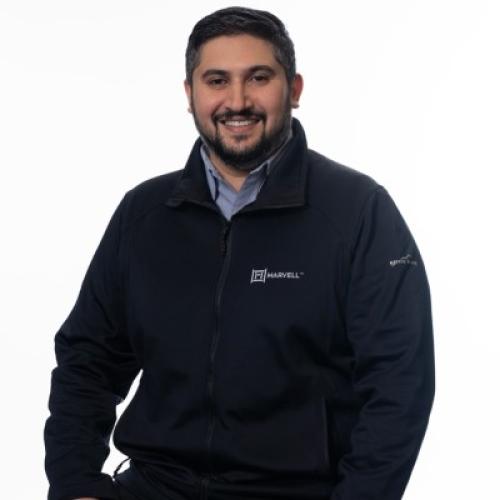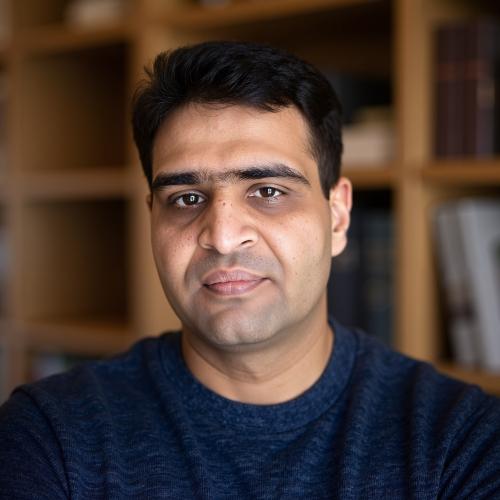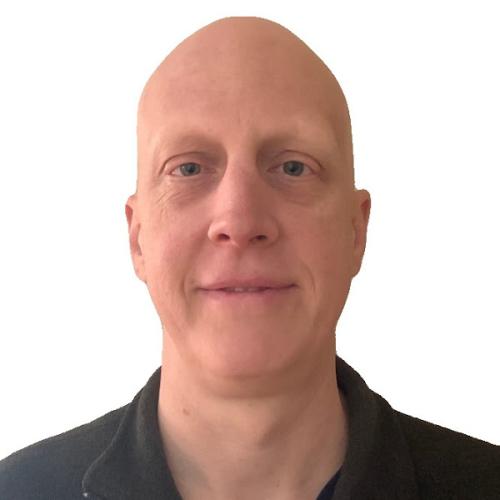
Michael Bahr
Mike Bahr joined DRW Holdings in 2013 and has built co-locations and stand-alone data centers for trading firms all over the world. Mike is also in charge of all MEP designs for all company offices globally. Mike also is co-founder of a start-up, Co-Low.com, a true subscription based colocation/data center finder for all IT needs. Mike lives in Crown Point, IN with his wife Colleen and his four children.

Dagi Berhane
Dagi provides architecture/design, engineering and construction leadership / expertise to internal and external resources for the delivery of IT capacity for greenfield, brownfield, retrofit and lease delivery projects globally.
His deliverables include data center site selection, managing efforts of land technical due diligence, engineering/designing/constructing the building shell/core, power, cooling, telecom, and controls infrastructure, environmental and building permitting all to align with Salesforce’s IT capacity roadmap for critical infrastructure builds, M&A, migration, optimization, decommissioning and leases.

Kishore Atreya

James Tomko
James Tomko is SVP, Digital Infrastrcuture at Zayo.
James has held various roles over his 36 years in telecommunications. His extensive background across Product Development, Business Development, and Wholesale & Enterprise Sales has equipped him with deep technical expertise. Currently, he leads Zayo's Digital Infrastructure sales division focused on AI, SaaS, Gaming, data centers, and media companies.
James holds a Bachelor of Science in Economics from Bethany College and an MBA from Marymount University. He resides in Atlanta, GA.

Harsha Bojja
Harsha Bojja serves as a Principal AI Platform Architect at Microsoft, where he leads the design and development of AI systems and infrastructure. His expertise spans system performance optimization, availability modeling, and thermal management—critical for supporting large-scale training and inference clusters. Harsha’s career includes pivotal roles in AI/ML infrastructure and product development. His experience at Meta Platforms, Bell Labs, and cloud infrastructure startups has equipped him with deep technical insight and strategic vision. He is a Senior Member of IEEE, serves on the Industrial Advisory Board, and contributes to the OCP Rack and Power Steering Committee. Harsha has authored papers presented at IEEE, ASME, and ACEEE conferences, and actively contributes to the Open Compute Project community, reflecting his commitment to advancing scalable and secure AI infrastructure.











